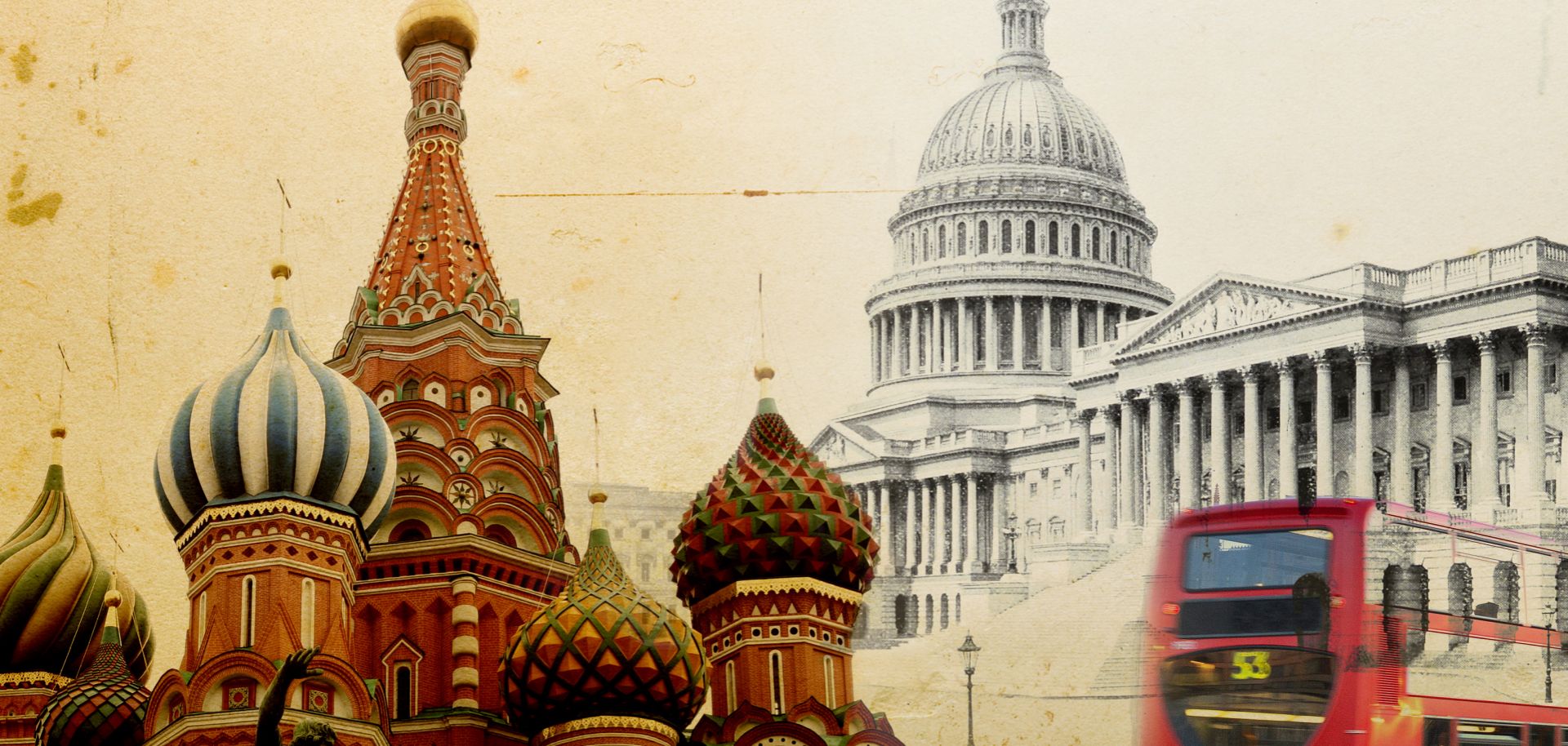ASSESSMENTS
The Evolving Stalemate Between Russia and the West
Dec 8, 2017 | 08:00 GMT

Although progress on some issues remains possible, the standoff between Russia and the West shows no sign of abating in 2018.
(graphixel/iStock; ilbusca/iStock; johnkellerman/iStock)
Highlights
- Tensions between Russia and the West will remain high in 2018, with the United States and European Union likely to maintain — if not expand — their economic sanctions.
- Negotiations between Moscow and the West over contested hot spots like Ukraine and Syria will take place throughout the year, though talks ultimately will not lead to any breakthrough agreements.
- The importance of Russia's relationship with the West to Moscow will gradually ebb as the Kremlin increasingly turns its foreign policy focus to other regions of the world.
Subscribe Now
SubscribeAlready have an account?
